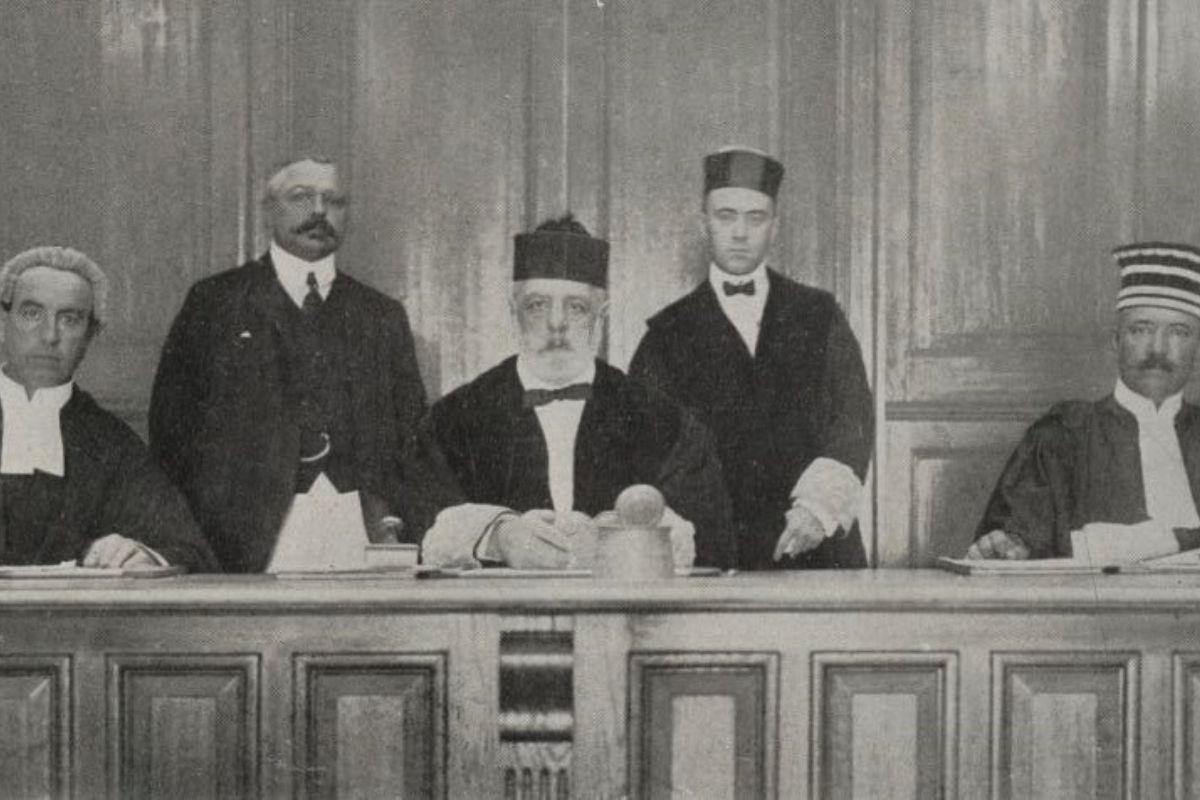
Coconut water has become a popular drink, but how much do you really know about it? This natural beverage, often dubbed "nature's sports drink," offers more than just a refreshing taste. Packed with electrolytes, vitamins, and minerals, it’s a go-to for hydration. But there's more to this tropical delight than meets the eye. From its origins in tropical regions to its surprising health benefits, coconut water has a rich history and numerous uses. Whether you're sipping it post-workout or adding it to smoothies, understanding the facts about coconut water can enhance your appreciation for this versatile drink. Ready to learn more? Let's dive in!
Key Takeaways:
- Coconut water has been enjoyed for centuries and is packed with nutrients, making it a popular choice for health enthusiasts. Its historical use in World War II as an intravenous hydration fluid is surprising and fascinating.
- Coconut water has cultural significance in various countries and has been used in unique ways, from Hindu rituals to creating refreshing cocktails. Its versatility as a natural sports drink and beauty treatment adds to its charm.
The Origins of Coconut Water
Coconut water has been enjoyed for centuries, but its history and origins are fascinating. Let's dive into some intriguing facts about this refreshing beverage.
- Coconut water comes from young, green coconuts, typically harvested at 5-7 months old.
- The liquid inside a coconut is not the same as coconut milk, which is made from the grated meat of mature coconuts.
- Ancient civilizations in tropical regions, such as Southeast Asia and the Pacific Islands, have consumed coconut water for thousands of years.
- In Sanskrit, the coconut palm is called "Kalpa Vriksha," meaning "tree which gives all that is necessary for living."
Nutritional Benefits
Coconut water is not just tasty; it's packed with nutrients. Here are some key benefits that make it a popular choice for health enthusiasts.
- It's low in calories, with about 45-60 calories per 8-ounce serving.
- Rich in electrolytes like potassium, sodium, and magnesium, it helps maintain proper hydration.
- Contains antioxidants that help combat free radicals in the body.
- Provides a good source of vitamin C, which supports the immune system.
- Contains amino acids, which are the building blocks of protein.
Health and Medical Uses
Beyond its nutritional value, coconut water has been used in various medical contexts. Here are some surprising ways it has been utilized.
- During World War II, coconut water was used as an intravenous hydration fluid when medical saline was unavailable.
- It can help prevent kidney stones by reducing crystal formation in the kidneys.
- Coconut water has been used in traditional medicine to treat dehydration and digestive issues.
- It may help lower blood pressure due to its high potassium content.
- Some studies suggest it can improve heart health by reducing cholesterol levels.
Environmental Impact
Coconut water production has implications for the environment. Understanding these impacts can help us make more sustainable choices.
- Coconut palms are highly efficient at carbon sequestration, helping to combat climate change.
- The production of coconut water generates less waste compared to other beverages, as the entire coconut can be utilized.
- However, the demand for coconut water has led to concerns about overharvesting and the sustainability of coconut farming.
- Some brands are working towards more sustainable practices, such as fair trade certification and eco-friendly packaging.
Cultural Significance
Coconut water holds a special place in many cultures around the world. Here are some cultural aspects related to this beloved drink.
- In Hindu rituals, coconut water is often used as a sacred offering.
- In the Philippines, "buko juice" (coconut water) is a popular street drink and is often sold fresh from the coconut.
- In Brazil, coconut water is a staple at beachside kiosks and is enjoyed by locals and tourists alike.
- In Caribbean cultures, coconut water is often mixed with rum to create a refreshing cocktail known as "Coconut Rum Punch."
Fun and Unusual Facts
Coconut water has some quirky and lesser-known facts that might surprise you. Let's explore a few of these interesting tidbits.
- Coconut water can be used as a natural sports drink due to its electrolyte content.
- Some people use coconut water as a base for smoothies and other beverages.
- It has been used in beauty treatments, such as facial masks and hair conditioners, due to its hydrating properties.
Final Thoughts on Coconut Wars
Coconut Wars, a quirky yet fascinating chapter in history, showcases the unexpected ways nature and human conflict intersect. These battles, fought over the humble coconut, reveal much about resource scarcity, strategic importance, and human ingenuity. From the Pacific islands to the Caribbean, the coconut's role in wartime strategies highlights its value beyond just a tropical treat. Understanding these conflicts gives us a glimpse into the broader implications of resource-driven disputes.
Next time you crack open a coconut, remember its storied past. Whether it’s for its water, meat, or oil, this versatile fruit has played a surprising role in shaping history. So, as you enjoy your coconut, think about the battles fought over it and the resilience it represents. History is full of unexpected tales, and the Coconut Wars are a prime example of how even the simplest things can have profound impacts.
Frequently Asked Questions
Was this page helpful?
Our commitment to delivering trustworthy and engaging content is at the heart of what we do. Each fact on our site is contributed by real users like you, bringing a wealth of diverse insights and information. To ensure the highest standards of accuracy and reliability, our dedicated editors meticulously review each submission. This process guarantees that the facts we share are not only fascinating but also credible. Trust in our commitment to quality and authenticity as you explore and learn with us.
